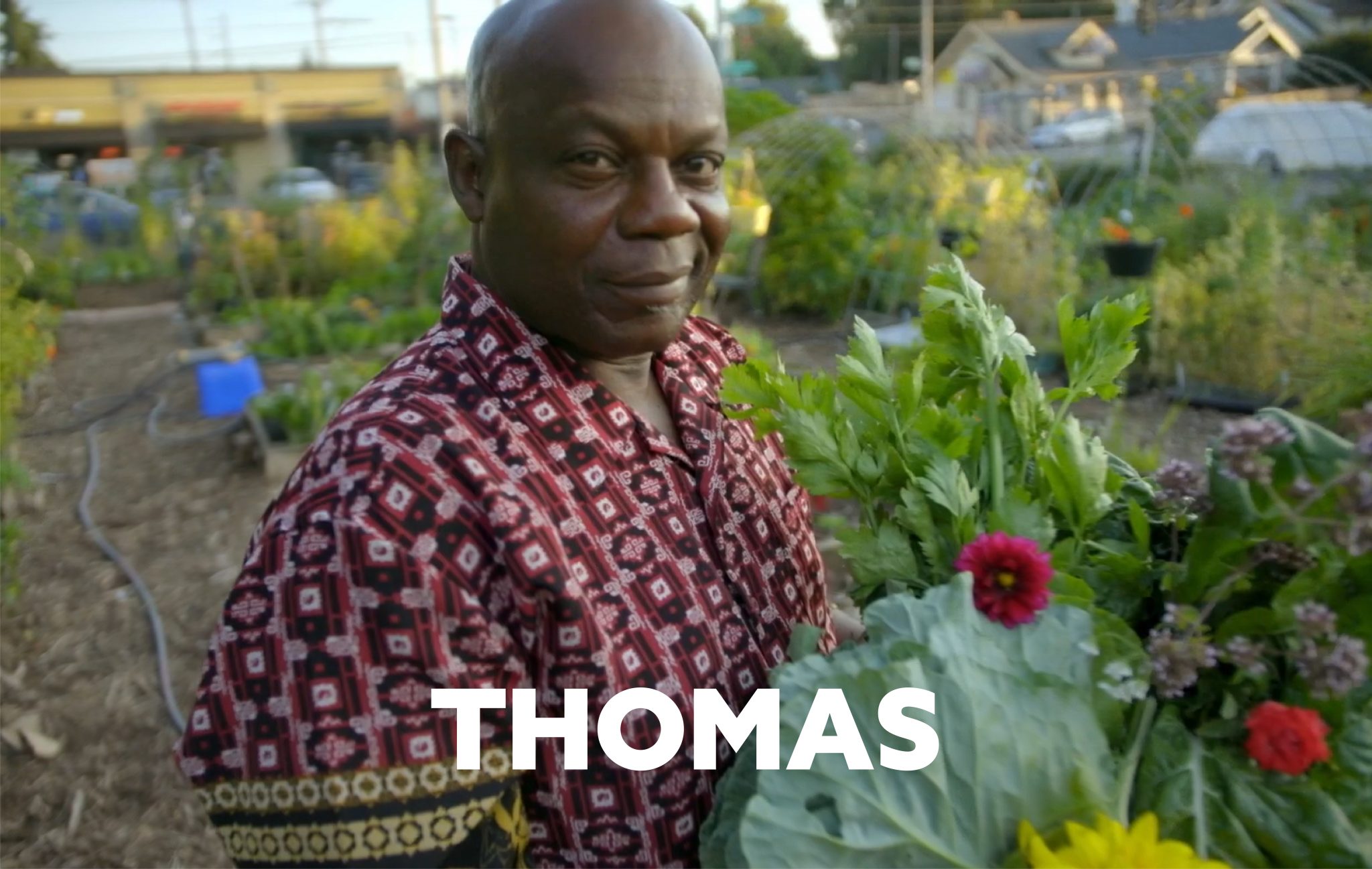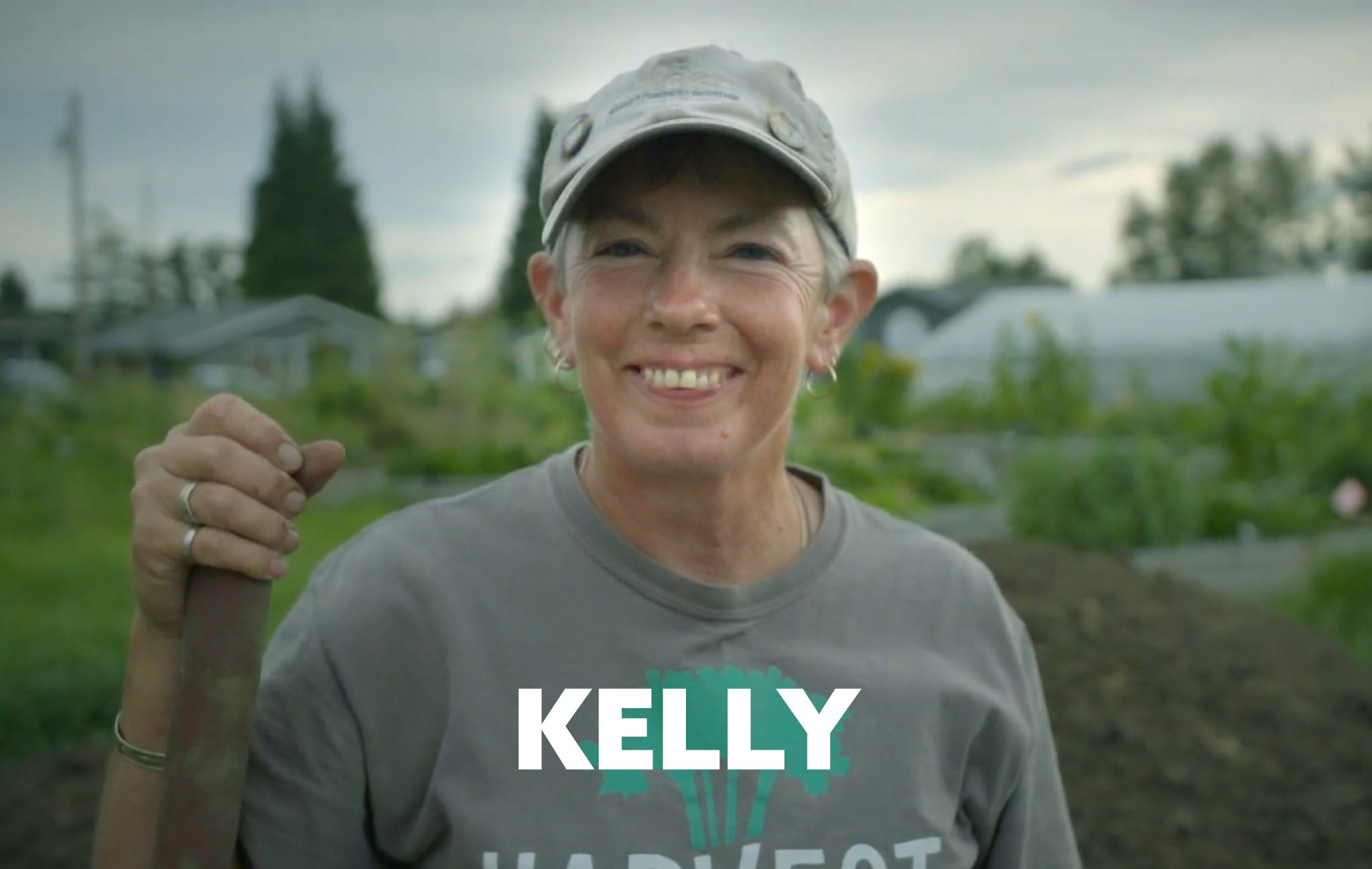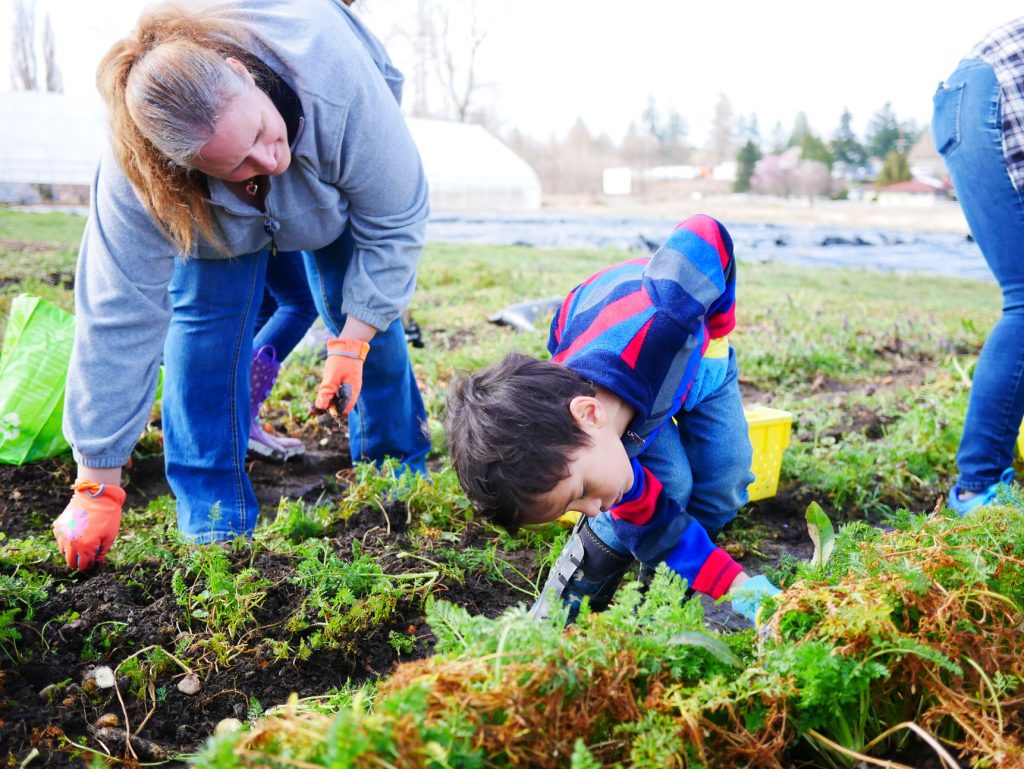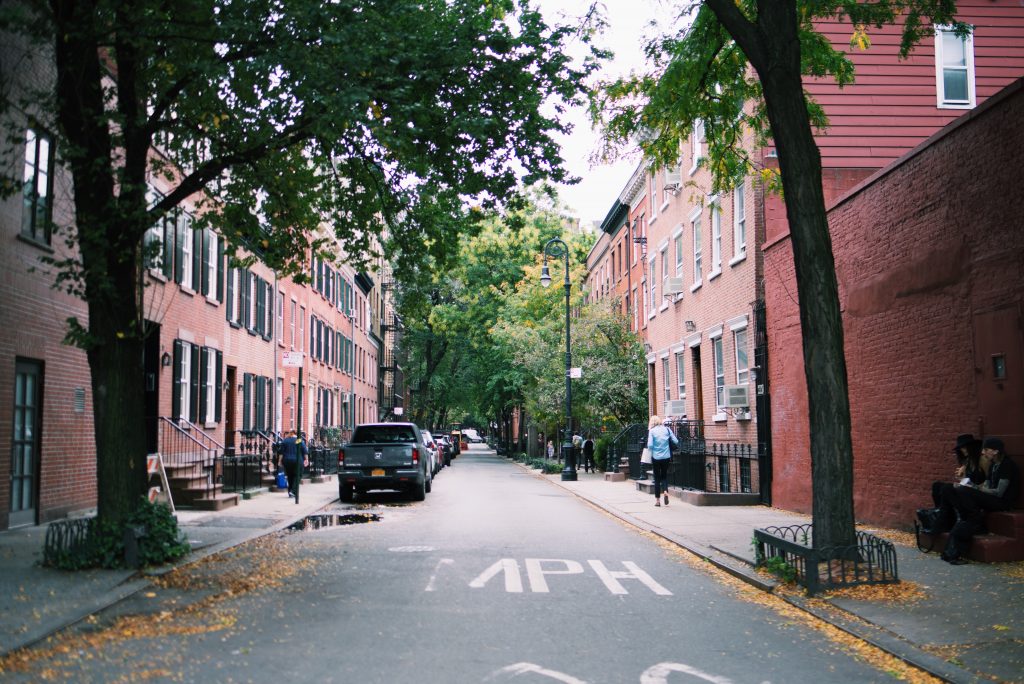Community Agriculture
There’s always something going on in the community.
Your District can offer expertise and resources for starting and maintaining an urban garden. Schools, individuals, non-profits, and places of worship can all expand access to healthy food and teach important natural resource stewardship in the urban landscape.
Gardening provides so much more than food. It grants you the ability to be more self-sustainable, give back to your community, and connect with the world around you in a real, down-to-earth way. Below, Pierce Conservation District’s urban agriculture program Harvest Pierce County has provided real stories from local residents on how working with a conservation district benefitted them and their gardening experience. Click on their photo to view their story.



Benefits of an Urban Garden
Food access and security has become increasingly important as we face the impacts of amplified population density, climate and weather pattern changes, and the threat of natural disasters. Along with providing a much-needed source of healthy, locally-grown food, urban gardens provide a wide range of benefits, including:
- Soil, air, and water quality improvements
- Stormwater management
- Increased property values and aesthetics
- Education and recreational opportunities for communities and schools
- Beneficial pollinator and wildlife habitat
- Reduced crime and an increased sense of belonging to a community
Schools
Gardens are a tremendous asset to school districts and can be incorporated into the curriculum. School gardens have the potential to teach a wide range of skills and topics, including biology, chemistry, soil science, weather, environmental science, horticulture, entomology, physical fitness, nutrition, mathematics, design, and more.
Involving young people in the creation and care for gardens helps nurture:
- Basic business principles
- Leadership opportunities and responsibility
- Job and life skills
- Healthy eating
- Environmental stewardship
- Physical fitness opportunities
- Access to fresh air and an outdoor environment

Neighborhoods

Unused properties can drag down a neighborhood. They can become an eyesore, attract trouble, and break the continuity and energy of a street. Urban gardens can have the opposite effect, increasing aesthetics, a sense of community ownership, stewardship, involvement, and pride. Along with stability and social interaction, community gardens create opportunities for exercise, fresh air, and the psychological benefits of immersing oneself in nature.
